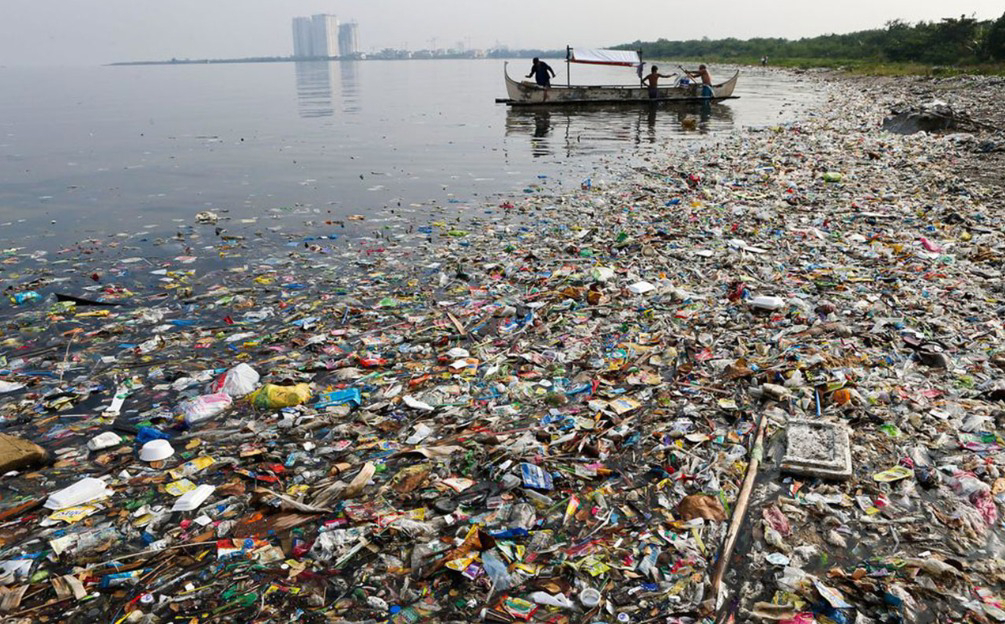By Olamide Martins Ogunlade and Esi-Ife Arogundade
The theme “Beat Plastic Pollution” for this year’s World Environment Day resonates deeply, given the growing menace of plastic to our environment.
Each year, the United Nations (UN) designates the month of June to raise awareness about the importance of a healthy environment.
The United Nations Environment Programme (UNEP) has consistently emphasised that we owe the environment a collective duty of care, to ensure pure air, clean rivers, and forests teeming with life.
Our environment is not merely the backdrop of our lives, it is the foundation of our health, well-being, and future.
In a heartfelt message to the world, UN Secretary-General António Guterres stated, “Plastic pollution is choking our planet, harming ecosystems, well-being, and the climate.”
A report by the Nigerian Economic Summit Group estimates that Nigeria generates an average of 2.5 million tonnes of plastic waste annually, with Lagos, the country’s commercial capital, contributing about 870,000 tonnes.
These figures are alarming, especially as plastic waste continues to proliferate without effective, coordinated measures to stem the tide.
Lagos is the most affected state by plastic pollution in West Africa. While some waste is collected and recycled, a significant portion is carelessly discarded, clogging drainage systems, polluting waterways, and degrading the environment.
In a bid to change this narrative, the state recently announced a ban on Styrofoam and will begin enforcing a ban on single-use plastics starting July 1.
In June 2024, the Federal Government also declared a ban on single-use plastics in government offices, as a precursor to a planned nationwide prohibition.
However, little has been heard about the implementation of this ban since then.
Plastic pollution has become a serious challenge in Nigeria, with road users and beach visitors frequently discarding plastic bottles indiscriminately, despite the significant environmental hazards these items pose.
Plastics not only endanger human and marine life but also degrade the aesthetic and comfort of Nigerian landscapes, threatening cultural ecosystems and undermining environmental security.
Addressing plastic pollution in Nigeria demands a multi-faceted strategy. This includes tackling its root cause, fossil fuel production, which yields plastic by-products, and confronting the widespread issue of poor waste management.
Government policies should actively discourage the use of single-use plastics, while significant investment is required for public education campaigns that emphasise the dangers of plastic pollution and promote the principles of reduce, reuse, and recycle.
We all share the responsibility of preserving an environment that future generations of Nigerians can be proud of, and every action matters.
Ogunlade is Associate Director (Climate Change), Corporate Accountability and Public Participation Africa (CAPPA), and Arogundade is a climate change advocate at CAPPA. They wrote from Lagos, Nigeria.
Copyright Notice:
All rights reserved. The content on this website, including text and other digital materials, may not be reproduced, published, broadcast, rewritten, or redistributed, in whole or in part, without the express written consent of The News Accelerator Network.
For advertising inquiries, news coverage, or press releases, please get in touch with us at
📧 thenewsacceleratornetwork@gmail.com
📞 0805 101 7159, 0814 404 8512


Post a Comment